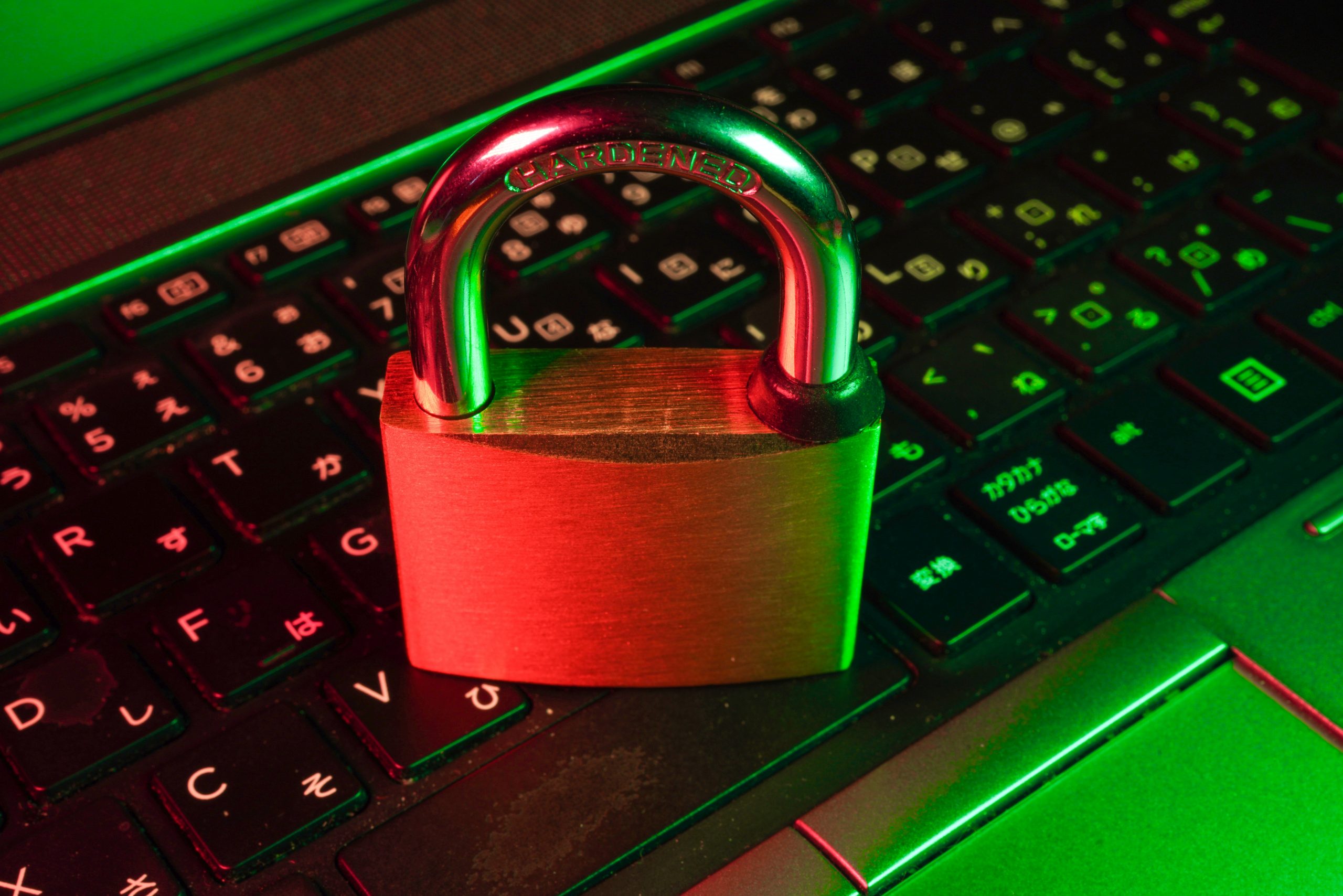Filed under: Featured, IGDcast, Radio/Podcast, Repression, Technology

Podcast: Play in new window | Download
Subscribe: RSS
On this special edition of the It’s Going Down podcast, we present an audio recording of a recent webinar presentation from the Civil Liberties Defense Center (CLDC) about cell-phones, encryption, and how you can protect yourself from police, corporate, and State surveillance. The talk features Lauren Reagan who has been a guest on the show multiple times as well as Glencora Borradaile, the author of Defend Dissent.
This presentation comes at a time when many new people are becoming involved in emerging social movements, and despite the rise in popularity of things like protonmail and Signal messenger, the State is constantly evolving its tactics and pushing back on digital autonomy and self-defense against surveillance. Just in the few weeks since this audio was recorded:
- Protonmail has agreed to give up the IP address of a climate activist after being subpoenaed by the French state.
- Apple has released a new patch for a security flaw “known as a “zero-click exploit,”‘ that has already been used to target activists.
- We’re getting a bigger picture of the campaign of state repression aimed at Black Lives Matter protesters during the George Floyd uprising.
CLDC's amended lawsuit alleges that the Springfield Police engaged in politically-motivated spying on Black Unity activists. The claims illuminate further evidence of SPD's misconduct and racist policing practices. Read the full press release: https://t.co/80tapV30D2 pic.twitter.com/qIxtALm4XH
— CLDC (@CLDC) August 20, 2021
The presentation also makes reference too and draws from Defend Dissent by Borradaile, a free copy of which you can find linked below. The text serves as an overview on government surveillance of social movements, encryption, and electronic self-defense against State and corporate spying.
From Defend Dissent book website:
Defend Dissent is an introduction to cryptography paired with the social impacts of surveillance and the protective potential of encryption, with a focus on US social movements. Each chapter ends with a story that brings social context to the material—from surveillance used against contemporary US protests to the African National Congress’s use of partially manual encryption in fighting apartheid in South Africa in the 80s.
This book can be read linearly, or you can pick and choose what you would like to learn about. Each chapter is prefaced with what you should read first (for background) and concludes with what you might want to read next.
As the pandemic pushes more and more organizing 0nline and a new generation of participants in social struggle emerges, the need to hone our skills, knowledge, and self-defense against online threats has never been greater.
More Info: Civil Liberties Defense Center homepage and CLDC Digital Security hub.
photo: FLY:D via Unsplash





